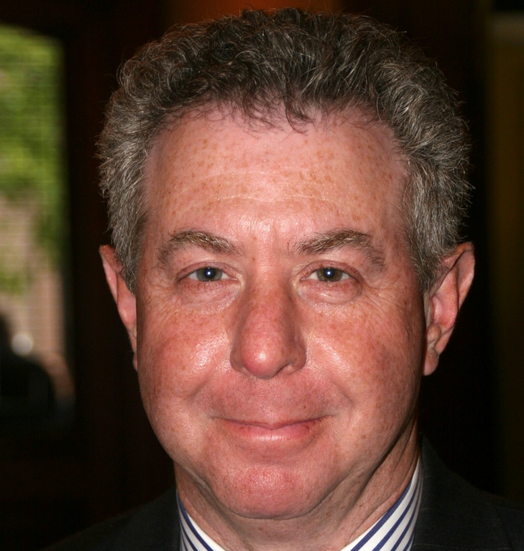Disagreement abound in legal community over pro bono rules

Earlier this year, New York State’s chief judge announced serious changes to the pro bono requirements and suggestions for prospective and currently active New York lawyers. Many of these changes, or rather the way in which the changes were implemented, do not sit well with a large group of attorneys—and the bar associations that represent their interests—they mean to affect.
Chief Judge Jonathan Lippman announced that, beginning May 1, New York attorneys must report the amount of hours they have spent providing pro bono service and the amount of financial contributions made to pro bono legal service organizations. In what may have been an effort to create more transparency in the legal profession, Lippman also declared that the reports of pro bono hours and financial contributions would be made public. “It is our responsibility to give it out,” Lippman said. “If someone asks for the information, they can have it.”
The efforts by Lippman have many in the legal community scratching their heads. The New York State Bar Association recently declined to add its official comments on the new requirements as a means of protest against the new rules and the way in which the changes were instituted.
